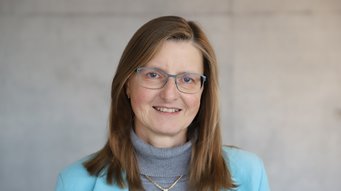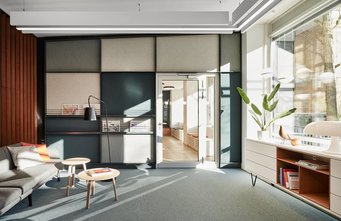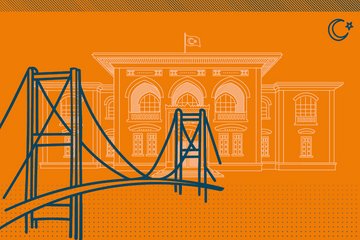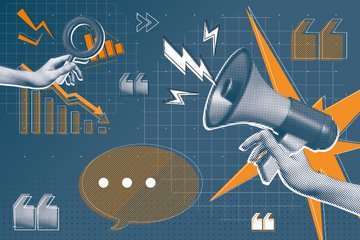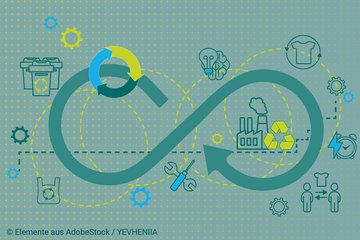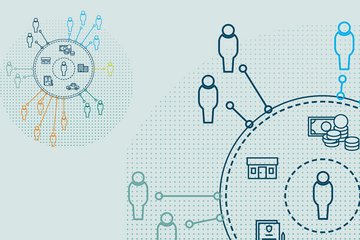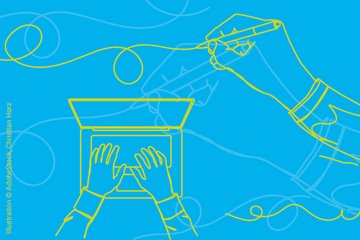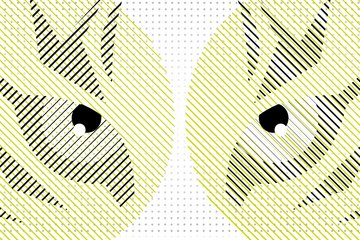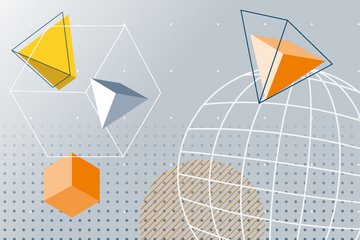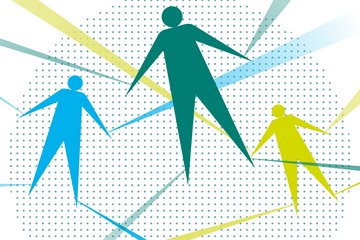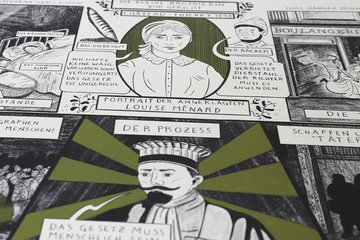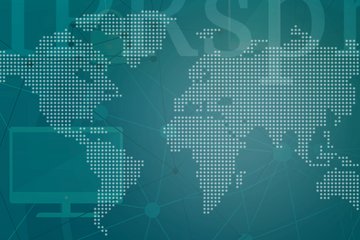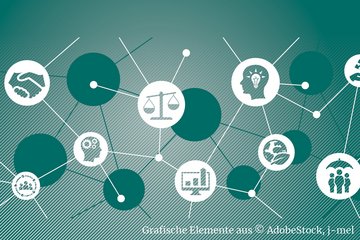
A nexus of experimentation, communication, and cutting-edge international research: the Institute library
Researchers from all over the world come to Hamburg to use the unique law library at the Max Planck Institute for Comparative and International Private Law. It has been a source of knowledge and inspiration for countless writings, among them many dissertations and professorship-qualifying monographs. As a reference library, it’s also a place for scholars to meet and discuss their work.
Holding more than 560,000 media items, the Institute has at its disposal Europe’s largest specialist library for comparative law and private international law. More than 1,000 visiting researchers had been using it each year before the Covid-19 pandemic forced activity down to a bare minimum in early 2020. “It didn’t just mean we couldn’t host as many visitors as usual,” says Claudia Holland, who became director of the library in 2016. “It also put us in the position of having to find new ways to provide access to our in-house researchers who were now working from home.”
New Service Requirements
Up until then, the principle of it being purely a reference library also applied to the Institute’s own researchers. Borrowing volumes, as in taking them off site—that was fundamentally not how the library worked. But the rules put in place with the pandemic called for people to stay away unless in urgent need, and the stance on borrowing had to be revisited. A library loan process was quickly set up that allowed borrowing up to ten volumes at a time to work with from home.
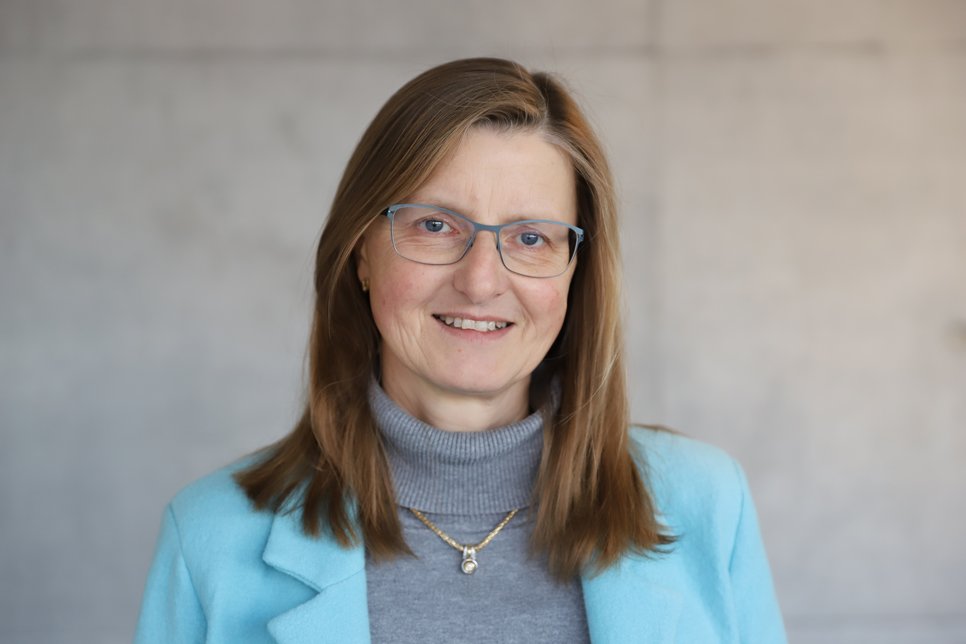
And it was inescapable that the library’s electronic offerings would have to grow. Says Holland, “After the publishers helped us through the first lockdown by generously expanding access to their electronic publications and databases, over the course of 2020 we acquired digital editions of more than 2,000 monographs and a plethora of additional database licenses.”
The team, of approximately twenty staff members, has met the new demands with action and skilled problem-solving. “We are the laboratory our researchers need to be creative and productive, so we have to do everything we can to let that research happen.”
Digital Transformation
The librarians have already been working for quite some time to digitally transform the realm of information management and transfer. This includes both the acquisition and cataloguing of media as well as configuring ways to access it. “Legal knowledge doesn’t become obsolete,” as Holland puts it. “Even if acquiring digital publications unburdens us in terms of shelf space, we have to proceed cautiously and make sure the digital data and media are still available to researchers far down the line and there are no holes in the reserves.”
Do legal scholars prefer the printed page to digital media, more so than their counterparts in other disciplines? Ms. Holland, who ran the law and psychology libraries at the University of Leipzig before taking up her current position, has observed a shift that is partly generational. But she has also noticed that it’s not only the younger researchers who are working online a lot and enjoying it: “In the end, it’s a lot easier to go back and forth between an article and a commentary and glance at the contents of a bunch of monographs onscreen than it is to mess with a pile of open books and print journals.”
A Place for Knowledge and Forum for Communication
Asked to recall their research stints at the Max Planck Institute for Comparative and International Private Law, former visitors often wax effusive. Besides the library’s high-quality holdings, praise is often reserved for the aid and advice of the highly versed staff, the amiable atmosphere and communicative culture. Having conducted research here in the past, many scholars will keep coming back.
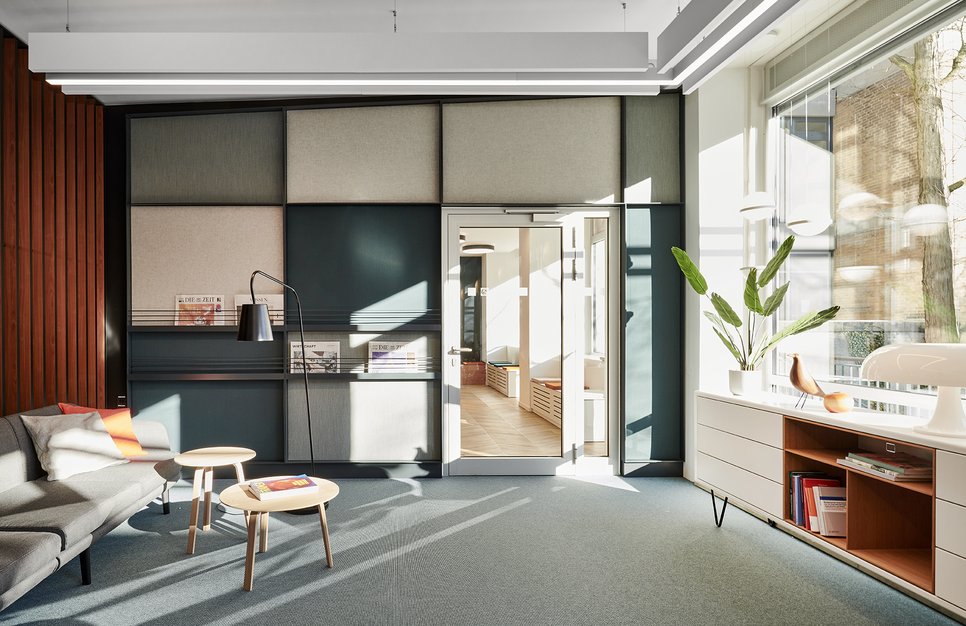
Part of what makes it so pleasant: user-friendly indoor areas plus a courtyard spaciously appointed with a garden and terrace. They are amply lit and quiet, with adjoining spaces for people to meet and talk. One long-standing draw for Institute staff and visitors is The Café Max. A few areas were remodeled and modernized in 2020 and 2021. Some new additions are an information desk, comfortable seating, a reading nook, and a lounge that looks out onto the greenery.
“The digital transformation is by no means the end of the reference library,” Ms. Holland is certain. “Ultimately, even to read electronic publications or search databases with us, visitors to our library have to spend time here. So we are heavily invested in their all-round comfort and well-being.”
